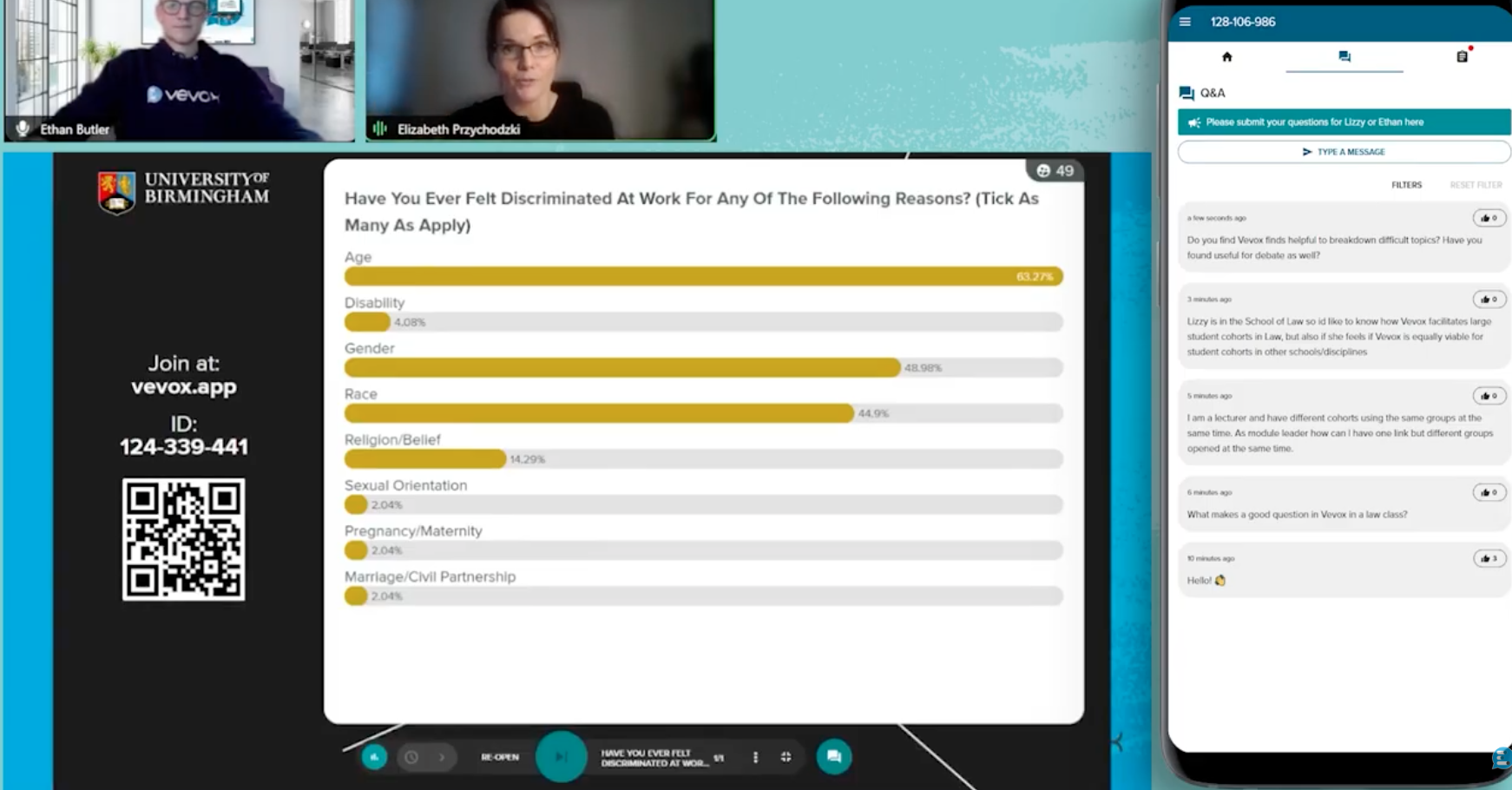With the whole world facing the pandemic, every organisation at one point has had to deal with this crisis situation and navigate the path of uncertainty. The world constantly faces evolving changes and uncertainty, so it's no wonder that crisis communications is on the rise and that organisations need to be focusing on it more than ever. Pre-pandemic over “65% of leaders said they had experienced at least one business crisis during the period of 2014 to 2019, with the average number of crises experienced being three” - PwC.
Crisis situations can vary from redundancies, cybersecurity attacks, criminal acts, natural disasters, environmental issues, product recalls, service downtime, miscommunications and there many other examples. Given every crisis can be very different, a different approach and plan might be needed, so creating crisis comms plans according to multiple scenarios that could impact your company will help you to be more prepared for the unexpected. Not every crisis has negative effects. Crisis situations can lead to opportunities for some shown by the pandemic, as 20% of businesses in the PwC report claimed the pandemic had a positive impact.
According to PR News and CS&A International research, “62% of companies have crisis plans — though it's uncertain how many regularly update them”.
Crisis communication like other internal comms strategies is all about transparency, inclusion and making everyone feel involved in the communication dialogue. One of the main reasons (as cited in many research studies) why crisis communications fails is because of the lack of preparation and ability to communicate the information efficiently and transparently.
There can be many causes as to why crisis comms fail because of the reason above:
- A lack of preparation and documentation on the company's approach to certain crisis situations can cause leaders and stakeholders not to be on the same page from the outset on the crisis. This in turn can cause a delay in the communication plans.
- Organisations that continue to bury their heads in the sand and avoid facing the crisis head on, are just delaying the inevitable. By not communicating information at speed, you're potentially fuelling time for rumours and misinformation to be spread around.
- Uncertain and apprehensive times can cause employees to be anxious when information is not communicated clearly and at speed. Even if all information is unknown, explaining the grey areas and when communications will be coming will help employees to feel more in the loop.
- Transparent communications are shown by leaders/spokesperson not hiding away and making employees included in the dialogue. Taking control of the situation and showing that there is a plan in place is important to making employees feel confident in the response to the crisis.
- By not having a crisis comms committee, not creating scenarios based plans that are documented with actionable processes that everyone can buy into, it means that you're more likely to come unstuck and make errors due to having less time to be adaptable to making effective tweaks.
There are many ways to prevent common crisis comms fails by remembering the fundamentals and being prepared for particular eventualities. Many of which are explained in the part 2 and part 3 of this trilogy crisis comms series below.
Some of the common themes that were highlighted on Linkedin were transparency is key, showing human compassion and ensuring all communications provide clarity. By doing the opposite of these things, being deceitful or providing false hope and being resistant to communicate the facts, this in turn can cause negative consequences such as rumours, bad impressions and even resignations. Therefore, ensuring your crisis comms plans can prevent any further harmful damage to your company and actually earn trust from employees is crucial to maintaining a transparent company culture.
To hear top tips from professionals in the crisis comms space and from communicators from large brands (including the Head of Internal Communications at Microsoft, Employee Experience Manager at Eli Lilly and Global Internal Communications at EIT Health), read the blog articles below as part of this trilogy on crisis communications.




